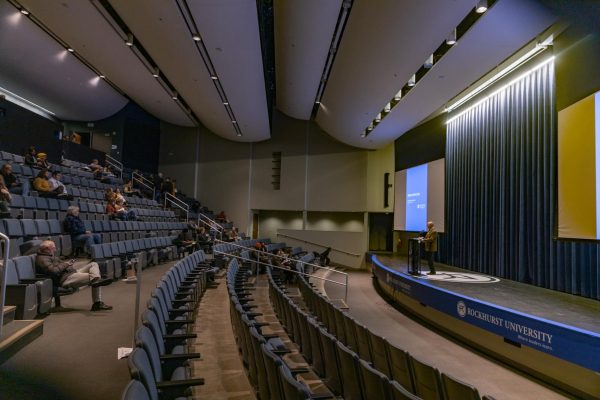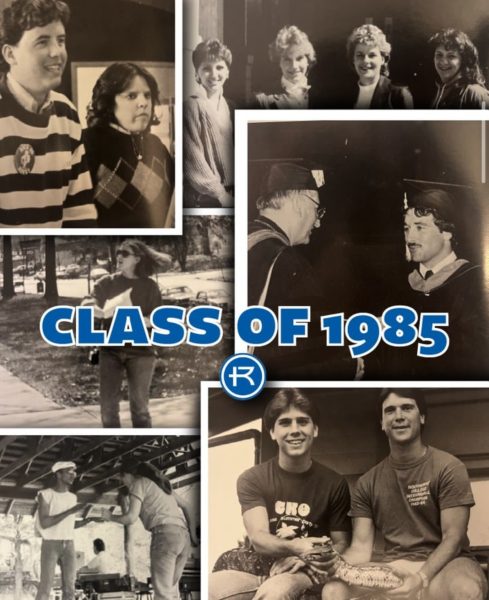Visting Scholar Review: Richard Rothstein
Recently, students and staff of Rockhurst hosted historian Richard Rothstein as part of the Visiting Scholar Lecture Series. After dinner with faculty, Rothstein spoke for roughly an hour, giving a brief overview of his work, “The Color of Law: A Forgotten History of How Our Government Segregated America,” fielding questions in the remaining allotted time.
Mr. Rothstein’s central thesis confronts the actions of the United States’ federal government in the middle third of the 20th century. Despite landmark legislation in the field of civil rights regarding public accommodations and employment, Rothstein contends that many national programs, from the New Deal era to the post-war Baby Boom, created explicit racial segregation against African Americans in most metropolitan areas in the United States and, “We [the United States] left the biggest segregation in touch”.
In his lecture, Rothstein gave clear and vivid examples of the negative consequences of these policy decisions and how the legacy still haunts us, materially and psychologically. Rothstein noted, “What we’ve all done… we’ve adopted a rationalization….for not pursuing the end of segregation… We tell ourselves if its de facto segregation, that’s too bad, it’s not a civil rights issue… All of these individual, bigoted, non-government decisions…we tell ourselves…They happen by accident.”
While many believe these actions to be the result of individual malice, Mr. Rothstein contends, the results have left us with a dismal picture of social and economic equality. Thanks to geographic location, “African American children have asthma at four times the rate than middle class children”. Thanks to the post-war housing crisis, and the segregation of Levittowns, “[W]hite working class families who bought those homes… the white families gained wealth for the appreciation of their home… they used that wealth to send their children to college…they used it to subsidize their retirement. African Americans gained no such wealth as they were prohibited by the federal government [from doing so].”
Mr. Rothstein’s work has been lauded nationally for its comprehensive view of a major development of the United States. Though Rothstein himself believes nothing short of a “new Civil Rights movement” will undo a century’s worth of residential segregation, the Harvard alumni did express some hope, citing the book’s success and the interest that has followed him on his lecture tour.











